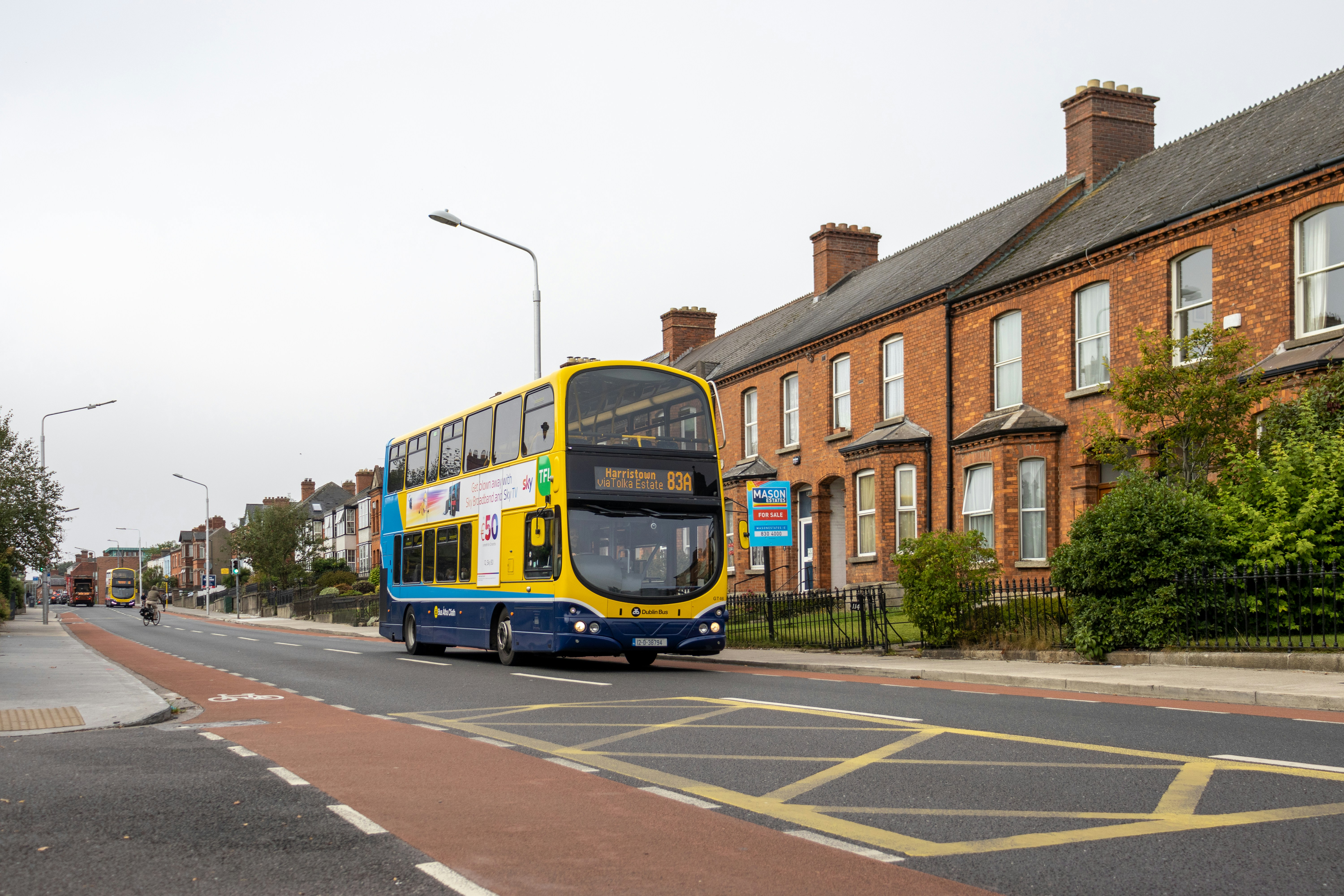CitySense is a pilot project that redefines how cities collect and use data. Rather than relying on costly and fixed sensor infrastructure, CitySense equips public service vehicles such as buses and waste trucks with compact, modular sensor units. These vehicles, already moving throughout the city daily, become mobile data collectors, offering real-time, cost-effective insights into urban conditions like air quality, road safety and infrastructure maintenance.
Challenge
Modern cities face growing challenges in monitoring their environments efficiently and equitably. Traditional sensor networks are expensive to install and maintain, and they often leave gaps in coverage as some areas are densely monitored while others are overlooked. In addition, data collected from static systems often suffer from integration issues, inconsistent formats and privacy concerns that make sharing and analysis difficult.
CitySense tackles these problems head-on with a mobile and modular platform. By turning public vehicles into moving sensor hubs, the system improves data coverage, reduces infrastructure costs and simplifies deployment. Built-in AI capabilities allow for local data processing, ensuring relevant insights are delivered quickly and securely without relying on a large, fixed network of devices.




